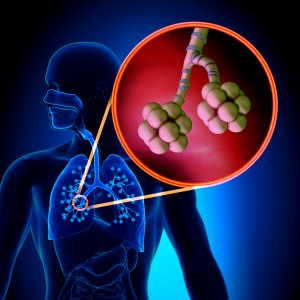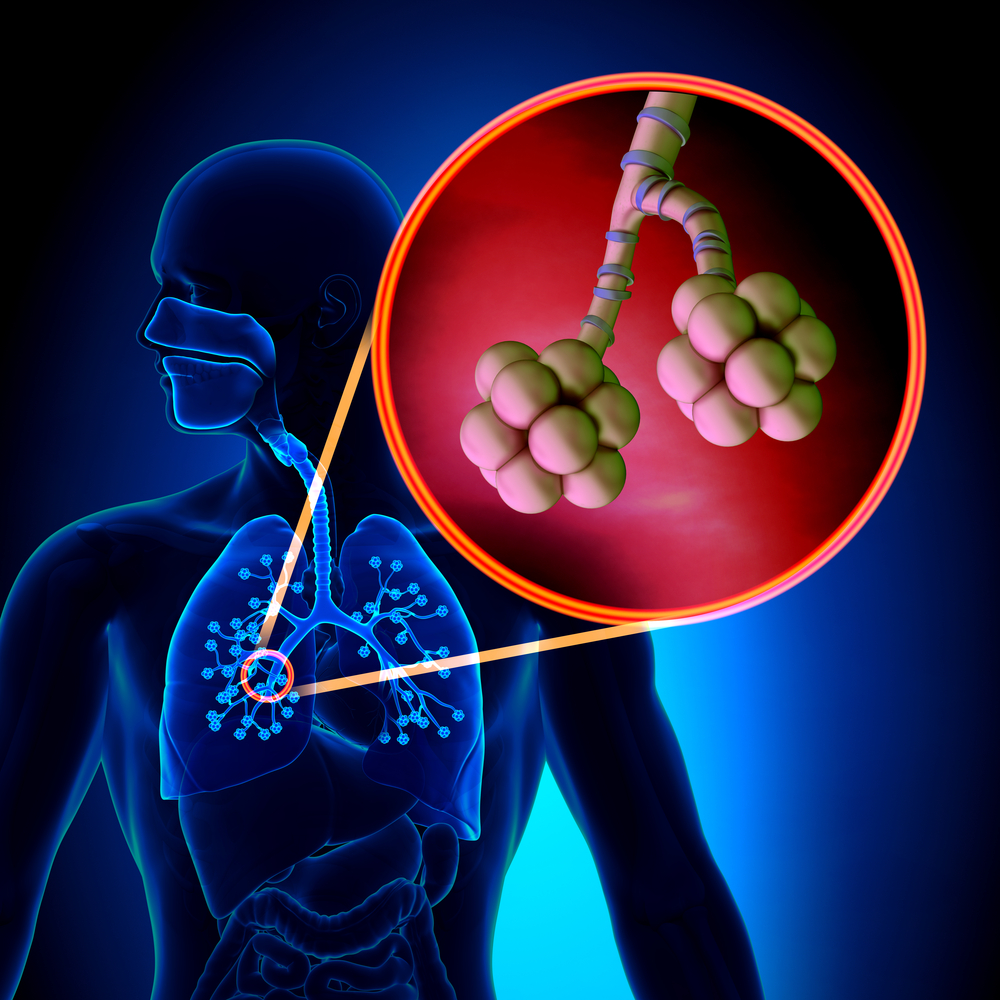 Discovery Laboratories, Inc., a biotechnology company developing new technologies in respiratory critical care, has been awarded a Phase II Small Business Innovation Research Grant (SBIR) of $3.0 million from the National Institute of Allergy and Infectious Diseases (NIAID) of the National Institutes of Health (NIH).
Discovery Laboratories, Inc., a biotechnology company developing new technologies in respiratory critical care, has been awarded a Phase II Small Business Innovation Research Grant (SBIR) of $3.0 million from the National Institute of Allergy and Infectious Diseases (NIAID) of the National Institutes of Health (NIH).
This grant, developed in conjunction with Melpo Christofidou-Solomidou, Ph.D., a leading expert in chronic lung diseases from the University of Pennsylvania’s Perelman School of Medicine, is aimed to support the research and development of the company’s proprietary aerosolized KL4 surfactant to treat acute and chronic/late-phase radiation-induced lung injury.
KL4 surfactant is a synthetic, peptide-containing surfactant structurally similar to pulmonary surfactant. It has been designed to simulate the essential characteristics of human lung surfactant, a surface-active lipoprotein complex formed by type II alveolar cells in the lungs. These complexes are essential to increase pulmonary compliance, prevent collapse of the lungs at the end of expiration, and facilitate recruitment of collapsed airways.
SURFAXIN® (lucinactant), is the company’s first KL4 surfactant-based product approved by the U.S. Food and Drug Administration (FDA).
Currently, Discovery Labs is testing the safety and tolerability of aerosolized KL4 surfactant in a Phase 2a clinical trial, where premature infants receiving nasal continuous positive airway pressure for respiratory distress syndrome, are treated with KL4 surfactant.
[adrotate group=”1″]
“While we remain focused on respiratory distress syndrome in premature infants, we believe that our proprietary KL4 surfactant also has the potential to address a number of other lung diseases and complications, including certain acute lung injuries. The NIH has previously provided Discovery Labs funding to assess these potential opportunities, and based on the encouraging results of that preliminary work, has provided additional funding to continue research in this area. Radiation-induced pulmonary injury is a common and complicated manifestation of radiation exposure, and we look forward to developing data that may help define the role of KL4 surfactant in protecting irradiated lungs,” John G. Cooper, Discovery Lab’s President and Chief Executive Officer said in a company’s press release.
The KL4 surfactant is expected to have a benefic role in a multitude of radiation-induced lung injuries, especially as a result of radiation therapy for the treatment of lung and other thoracic cancers, since studies indicate that radiation-induced pneumonitis is likely to occur in 15% of patients undergoing radiation therapy for the treatment of lung cancer.


